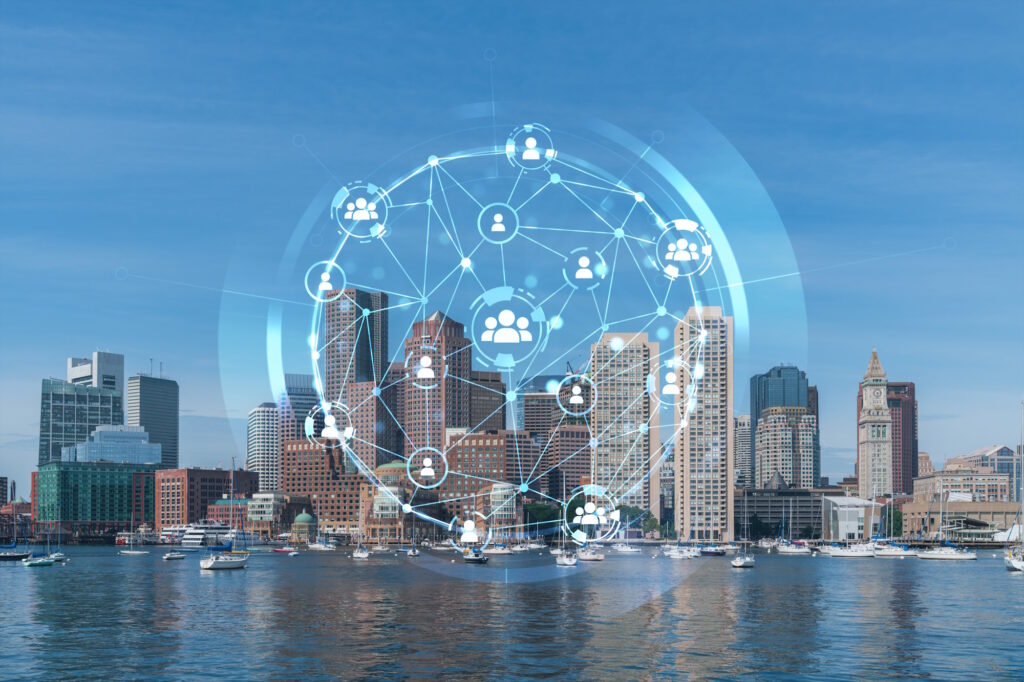The role of counsel has evolved in recent years. Remote proceedings gained familiarity as social distancing provided an opportunity to expand legal technology. Suddenly, attorneys could have their proverbial cake and eat it too. Whereas attorneys were once pressed for time, money, and resources, remote proceedings now offered savings quicker than you could say Zoom. But change did not come without some reservation. As the influence of legal tech grew larger, attorneys questioned how to navigate this ever-evolving professional landscape in the best interests of their clients.
In February 2022, Massachusetts released findings from a survey of nearly 10,000 participants. The report, Attorney Survey on the Future of Virtual Technology in the Courts, raised key issues with respect to remote proceedings in civil and criminal matters. When asked whether the Commonwealth should continue remote proceedings, attorneys expressed clear support with necessary guardrails.
The Massachusetts survey showed that attorneys appreciate benefits of remote technology such as increased flexibility, cost avoidance, and convenience. A resounding 84.4% of respondents supported continued use of videoconferencing post pandemic. This forward-thinking approach extended to support for remote depositions as well. The survey found that 80.5% of respondents supported codification of remote depositions. A closer look revealed that 54.4% of respondents supported codification by rule whereas 26.1% supported codification by court order. Relatedly, an overwhelming majority, 88.1% of respondents, supported continued authorization for remote administration of oaths. Respectively, 65.1% supported codifying remote oath administration by rule, 23.0% supported codification by court order.

Massachusetts attorneys voiced support for remote depositions. And Readback hears them. The scarcity of reliable options, delayed turnaround times, and exorbitant add-on fees don’t have to define your deposition experience. Readback is a remote non-stenographic deposition service made for forward-thinking attorneys who are willing to use legal tech to serve their clients’ best interests. And as such, Readback stands with the more than 80% of Massachusetts attorneys who see the benefits remote services have to offer. With Readback, you can interact with a live human Guardian who conducts the proceeding and ensures everything runs smoothly. Assistance presenting exhibits? An occasional technical issue? The Guardian is there to help and Readback’s team of experts is a short phone call or email away.
Massachusetts attorneys support remote depositions. And Readback has their back. Visit Readback.legal to schedule your next remote deposition today.
*Disclaimer: Readback is neither a law firm nor a substitution for legal advice. This post should not be taken as legal opinion or advice.



